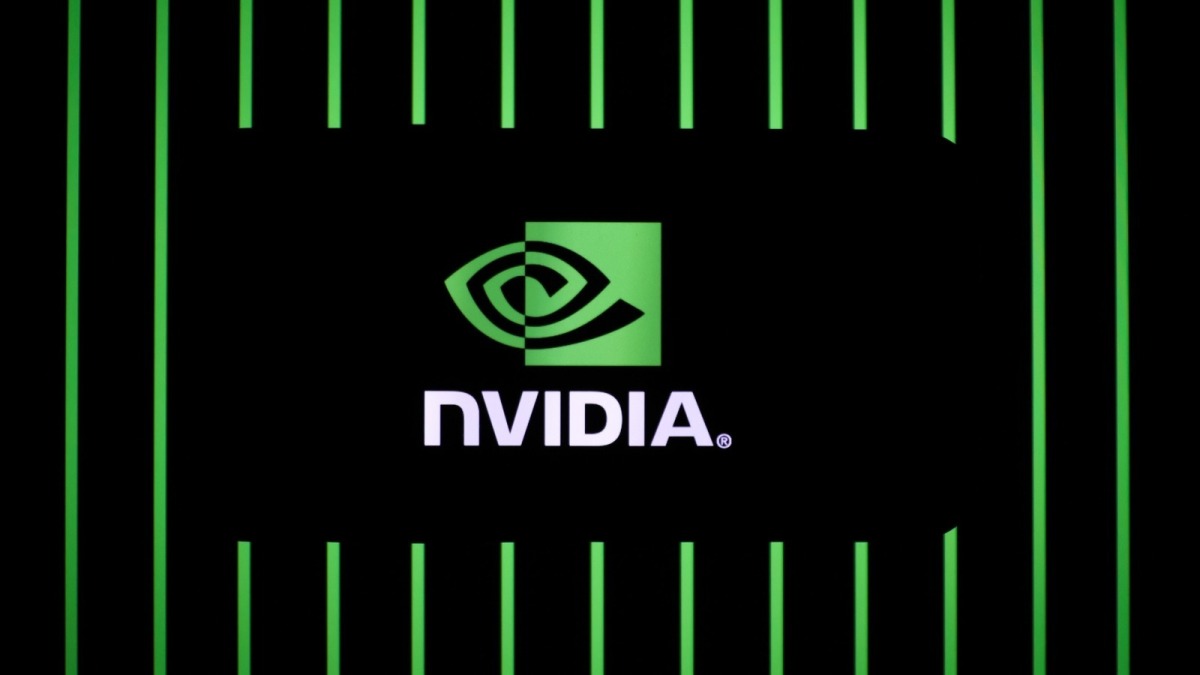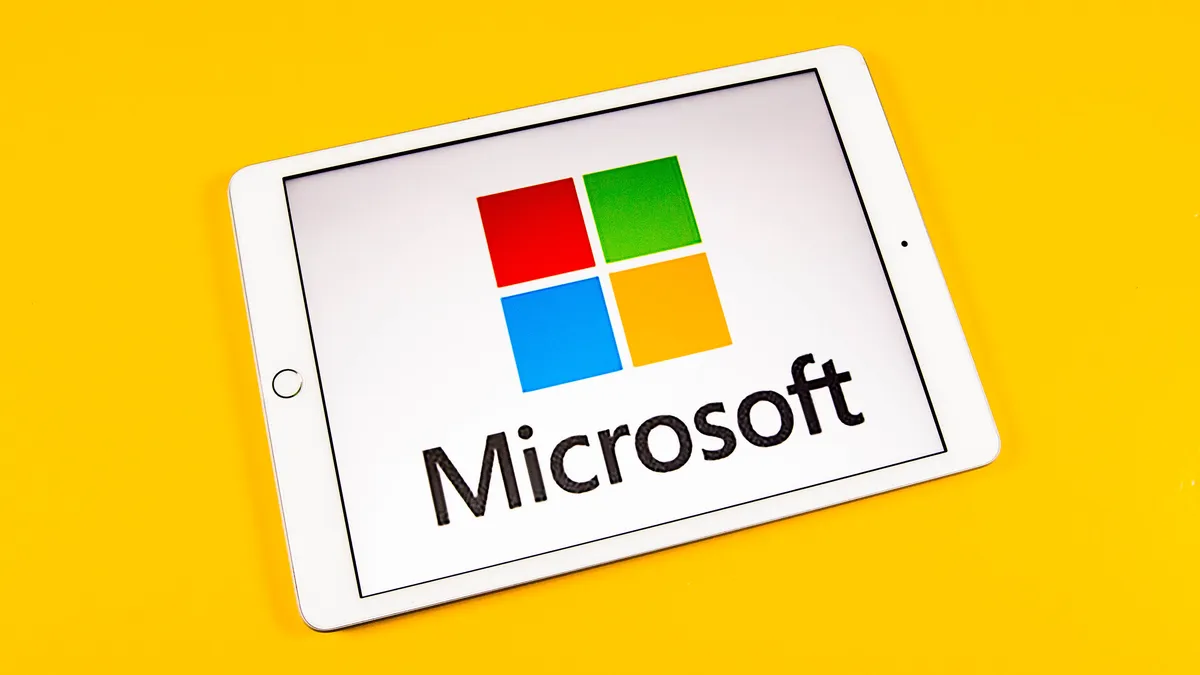Three individuals claimed Nvidia is developing a China-compatible version of its flagship AI processors that comply with U.S. export laws
The “Blackwell” chip series, which is scheduled for mass production later this year, was unveiled by the AI processor giant in March. The new processors are comprised of two silicon squares that are equivalent to the company’s previous product.
The B200 is 30 times faster than its predecessor in specific duties, such as serving up responses from chatbots within the series.
Two sources stated that Nvidia will collaborate with Inspur, one of its primary distributor partners in China, to launch and distribute the processor, which is currently referred to as the “B20.”
The sources declined to provide their identities, as Nvidia has not yet issued a public statement. A representative from Nvidia declined to answer questions. Inspur should have responded to requests for comment.
In 2023, Washington implemented more stringent regulations regarding the export of advanced semiconductors to China to avert technological advancements in supercomputing that would benefit China’s military.
Nvidia has since developed three processors specifically designed for the Chinese market.
In the domestic market for advanced AI processors, Chinese technology behemoth Huawei (HWT.UL) and startups such as Tencent-backed Enflame have made some inroads due to the implementation of more stringent export controls in the United States.
The United States company’s endeavors to mitigate those obstacles would be significantly enhanced by implementing a Chinese-specific processor variant from Nvidia’s Blackwell series.
In response to U.S. sanctions, China contributed approximately 17% of Nvidia’s revenue in the year ending in January, a decrease from 26% two years prior.
Reuters reported in May that Nvidia’s most advanced processor for the Chinese market, the H20, initially experienced a weak start when deliveries commenced this year. The U.S. company priced it below a rival chip from Huawei.
However, two of the sources reported that sales are currently expanding at a brisk pace.
Nvidia is expected to sell more than one million of its H20 processors in China this year, with a value of approximately $12 billion, according to a projection from the research group SemiAnalysis.
There is a high likelihood that the United States will maintain its pressure on semiconductor-related export controls.
According to sources, the United States wants the Netherlands and Japan to restrict the export of chipmaking apparatus to China further.
Sources have also indicated that the Biden administration has exploratory plans to implement guardrails around the most sophisticated AI Models, which are the fundamental software of artificial intelligence systems such as ChatGPT.
Bloomberg News reported that the Biden administration was considering the foreign direct product rule. This measure would enable the United States to prohibit the sale of a product if it was manufactured using American technology. As a result, chip equities worldwide tanked last week.



